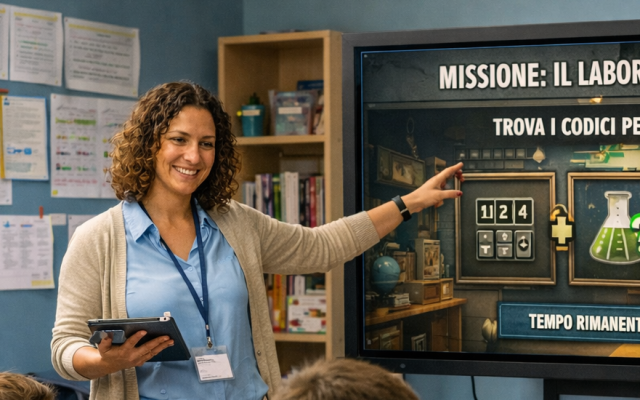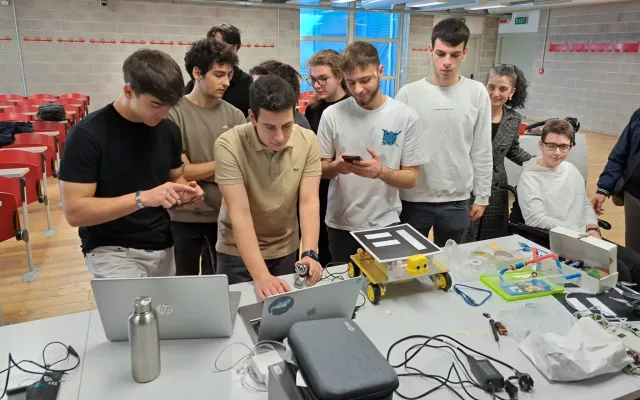3 min.
From unaccompanied minors to the rights of digital natives: today’s event is promoted by the Coordination Team for the implementation of Bill 285/97 at the Rome Città Educativa. The event has examined 15 years of projects in the City of Rome, identifying the strengths and weaknesses of policies for infancy and the impact of the crisis on the new generations. The data from three reports and the presentations of various experts and operators have given rise to strategic indications for the future, not only of Rome
While we are still waiting to learn about the “future of Bill 285 and the role that infancy and adolescence policies will have in national, regional and local planning.” Martino Rebonato of the Coordination Team for the implementation of Bill 285/97 draws conclusions on the results of 15 years of work for infancy in Rome and indicates exactly “what could be done in the meantime” from “determining the essential levels necessary to ensure the social and civil rights of minors” to “improving the coordination of infancy and adolescence policies along with those necessary to improve the quality of life in the city.” According to the data provided by Rebonato, Bill 285/97 has brought nearly 150 million euro to Rome for the development of over 300 projects addressing 250,000 children and young individuals, 130,000 parents and other family members and 50,000 teachers, educators and social workers. Over 90% of the projects have been assigned to external organizations, over 300 organizations working in the third sector. So, there is no “concentration, neither at the local level, nor in terms of type of activity, whether informal education of parenthood support.”
The Report on “Hardships and Poverty of Minors in Rome” – presented by Andrea De Dominicis – identifies worrying data on the number of children and young individuals, over one hundred thousand, who still require “concrete and efficient answers to ensure their elementary rights.” The Report on Foreign Minors, presented by Valentina Fabbri, dedicates ample space to the condition of foreign, not accompanied minors in Rome through a qualitative survey with a wealth of operative suggestions. These are invaluable for a reception systemas Roma has over 20% of the non-accompanied minors in Italy.
Francesco Alvaro, Guarantor for Infancy and Adolescence in Lazio, gathered various interesting ideas from the intense morning sessions. He emphasized the need to identify “a new way of sharing resources and strengthening the networks that safeguard minors.” The Guarantor believes that “System 285 is a powerful, thinking part of Italy.”
In parallel, the exhibition area, hosted over 20 “project stands” with various operators presenting activities financed by Bill 285. Amongst the stands, there also are various students, aspiring social workers, who have enjoyed the opportunity to learn more about institutional operators, hundreds of non-profit organizations and the most efficient methodologies to face emergencies such as youth hardship or scholastic dropouts.
“The City of Rome can become a pivotal point for educational innovation in Italy and Europe.” This is how Mirta Michilli, Director General of the Fondazione Mondo Digitale, summarized and relaunched the role of the Rome Città Educativa that hosts the event as a “centre for innovation that can irradiate projects promoted in Rome’s schools to the rest of the country and Europe.
See the event photos
.jpg)



